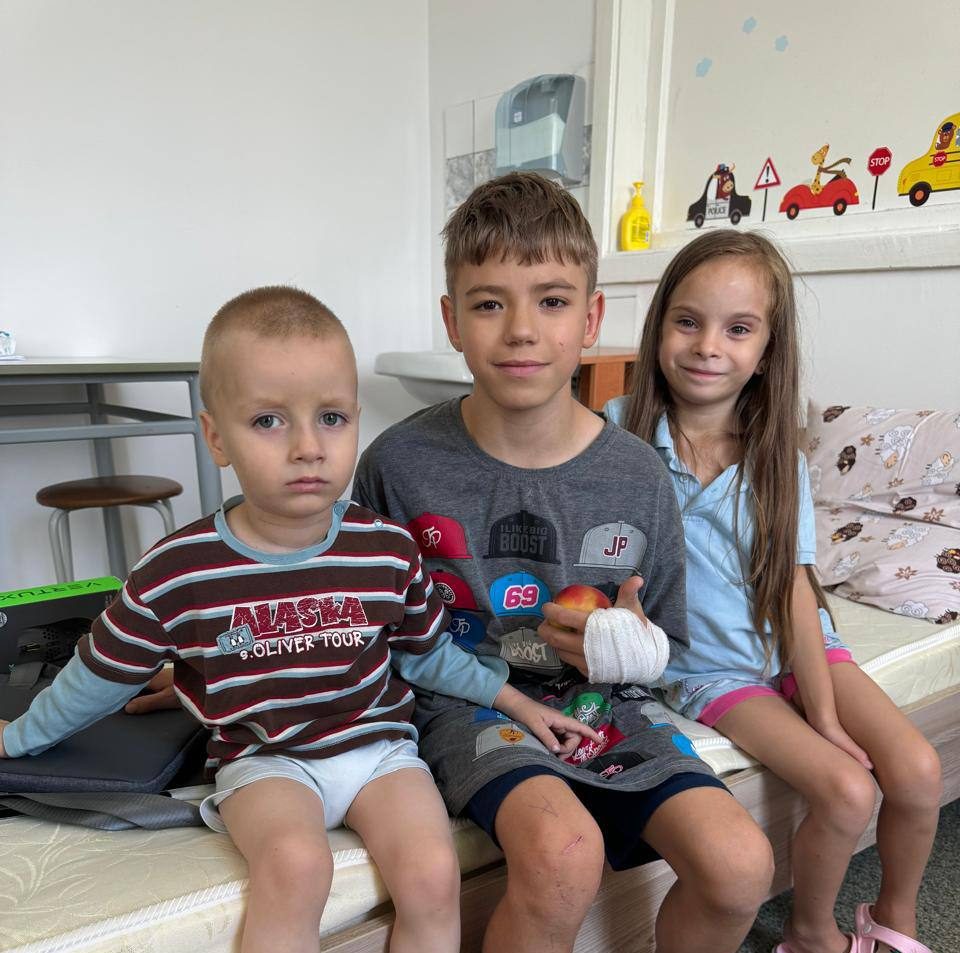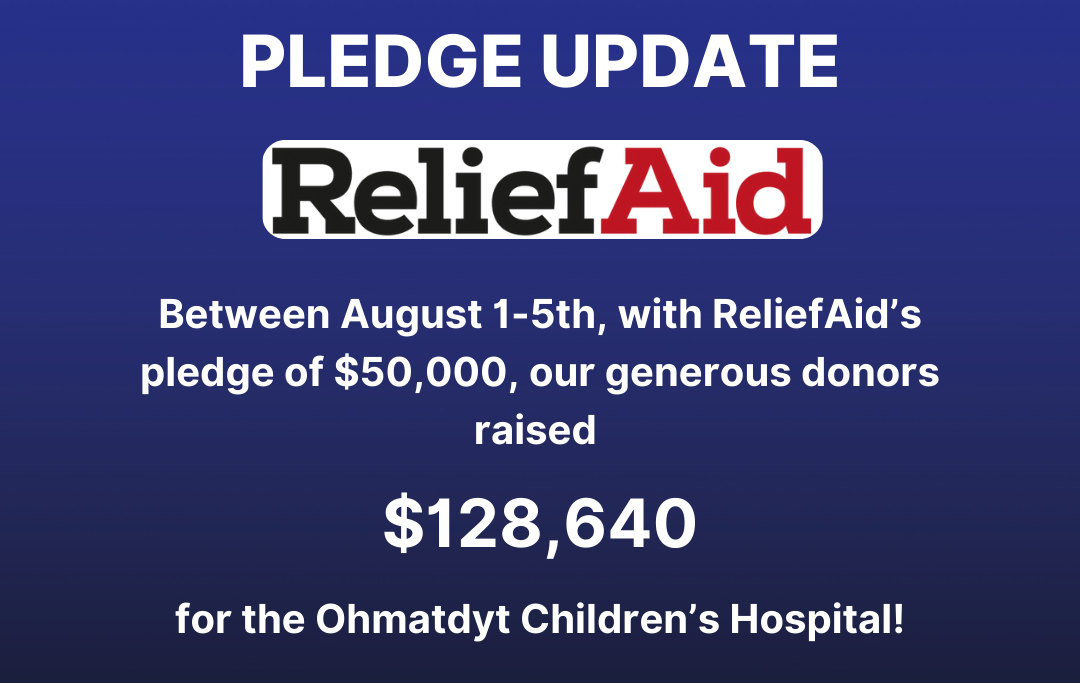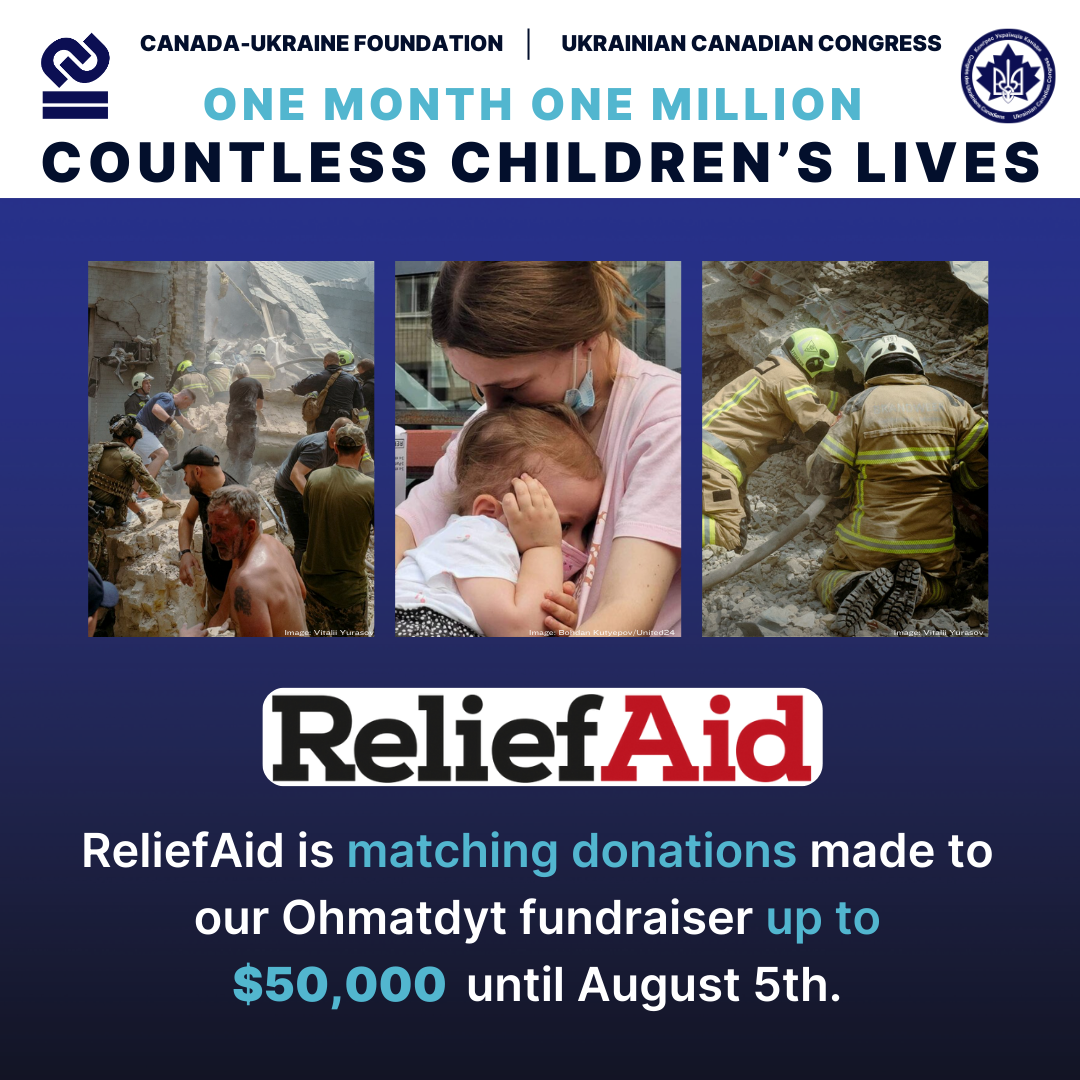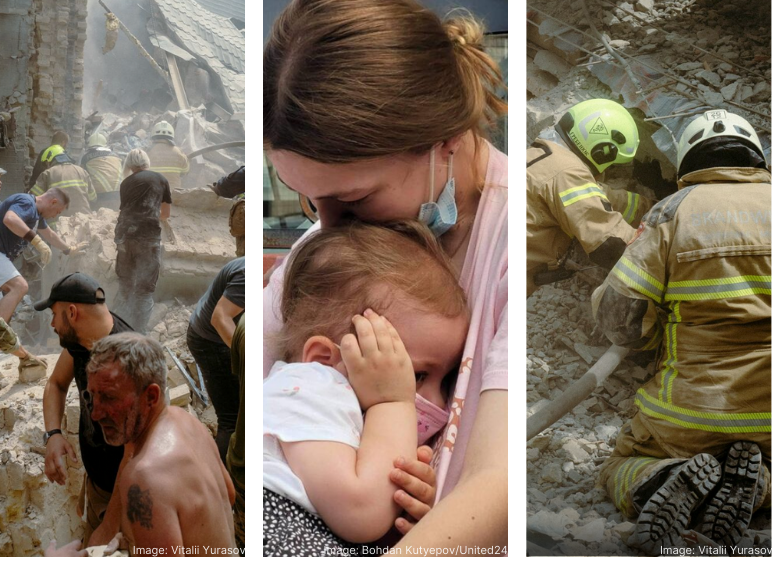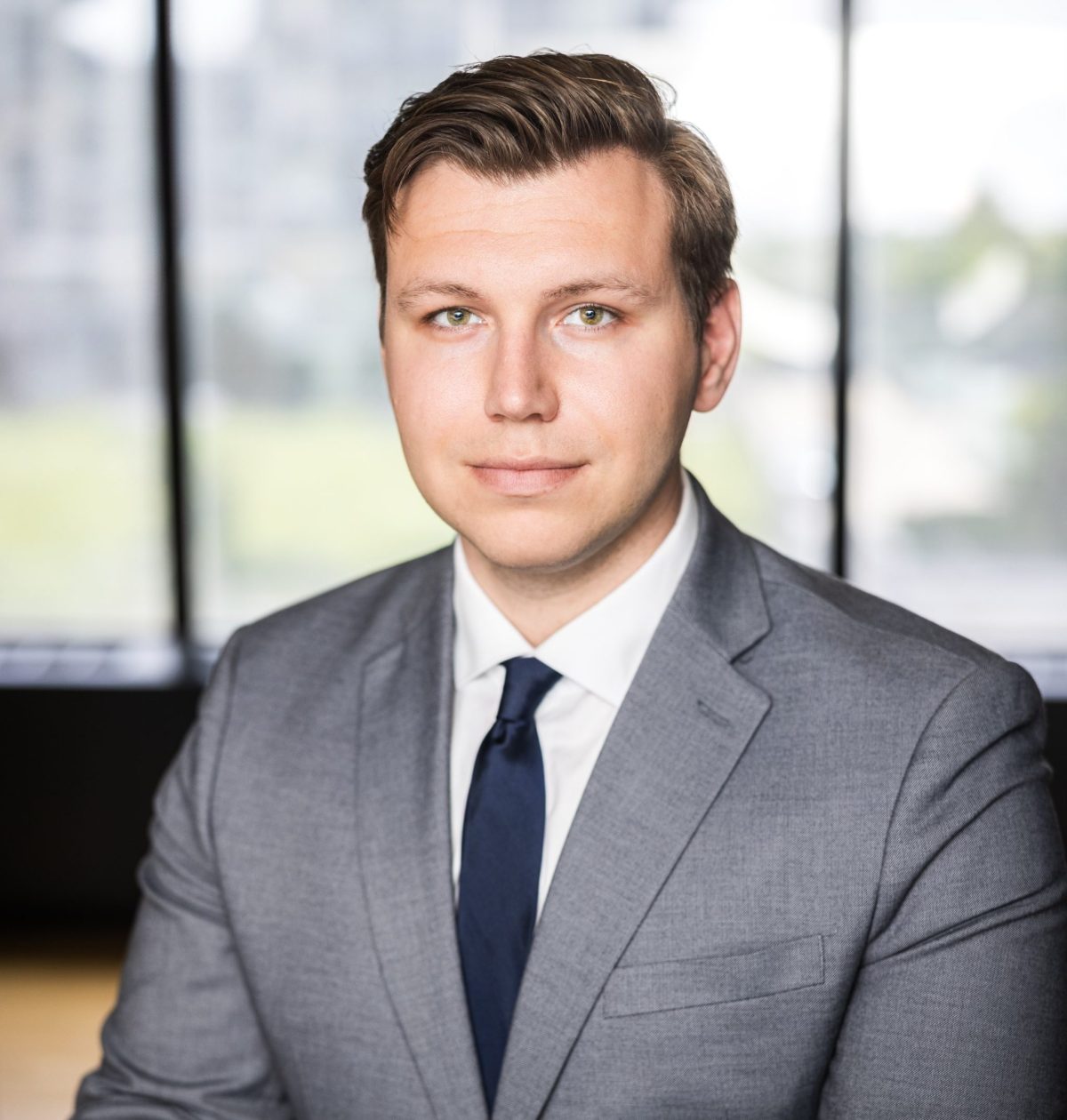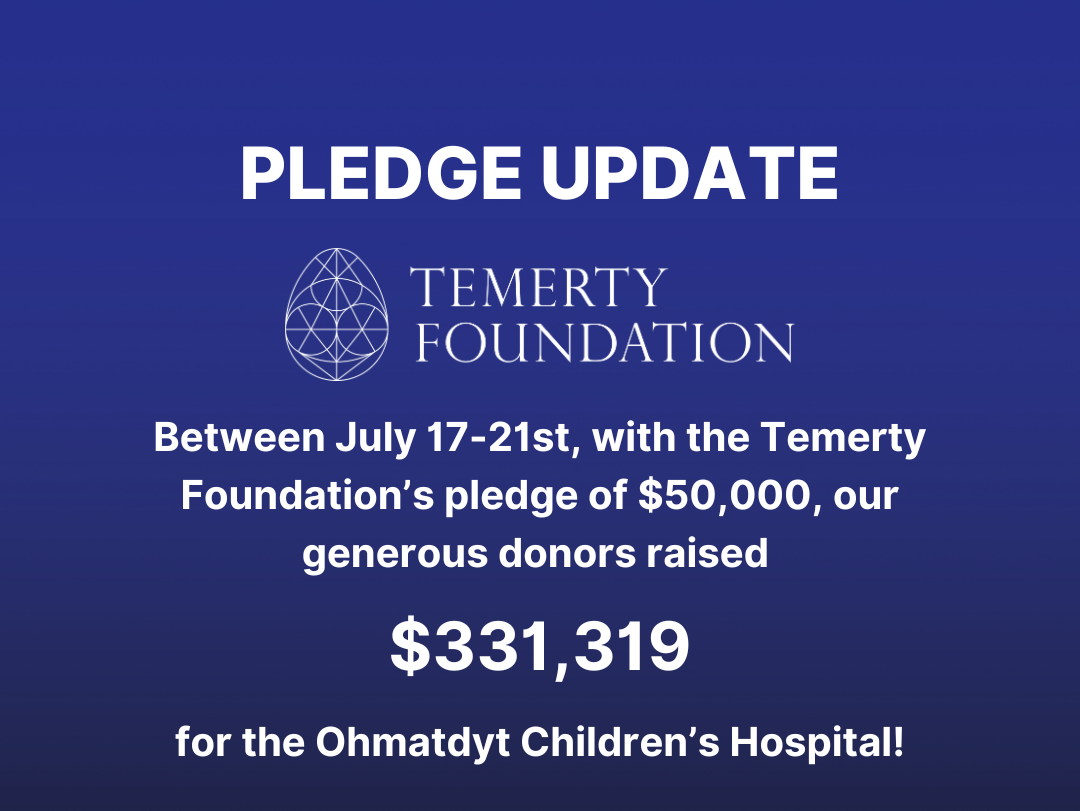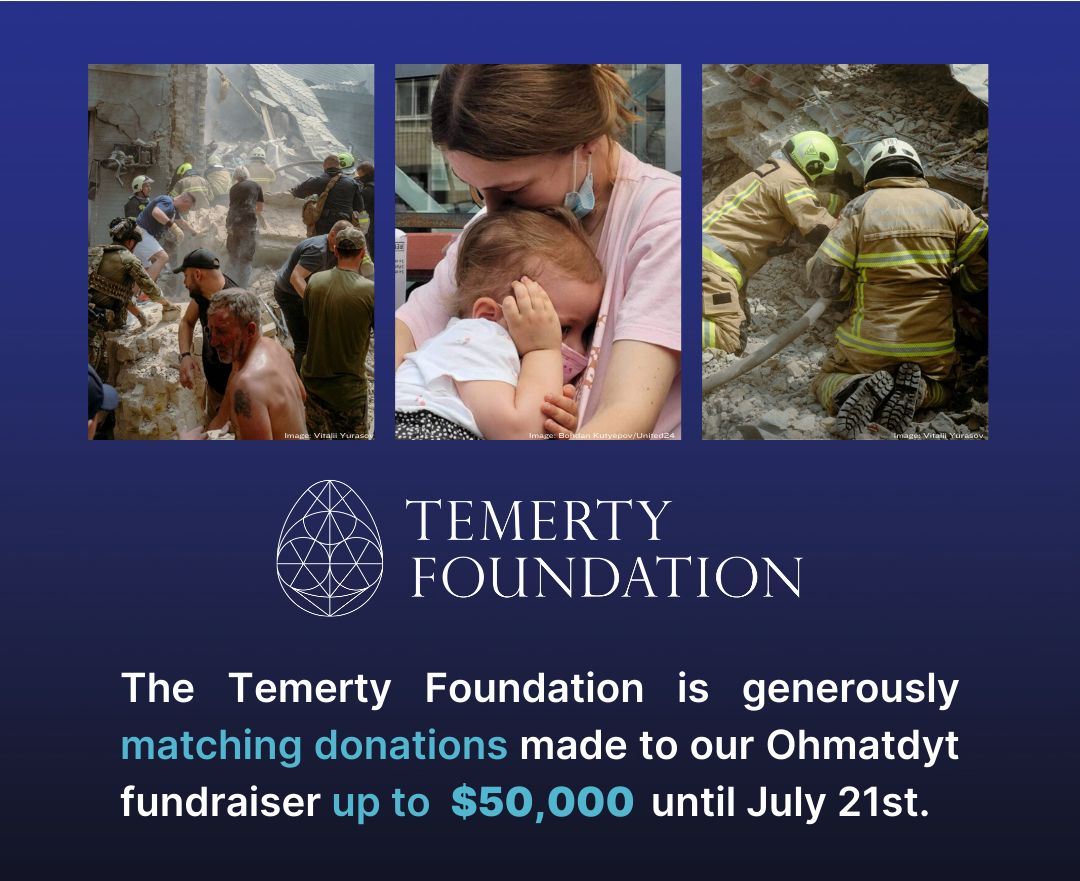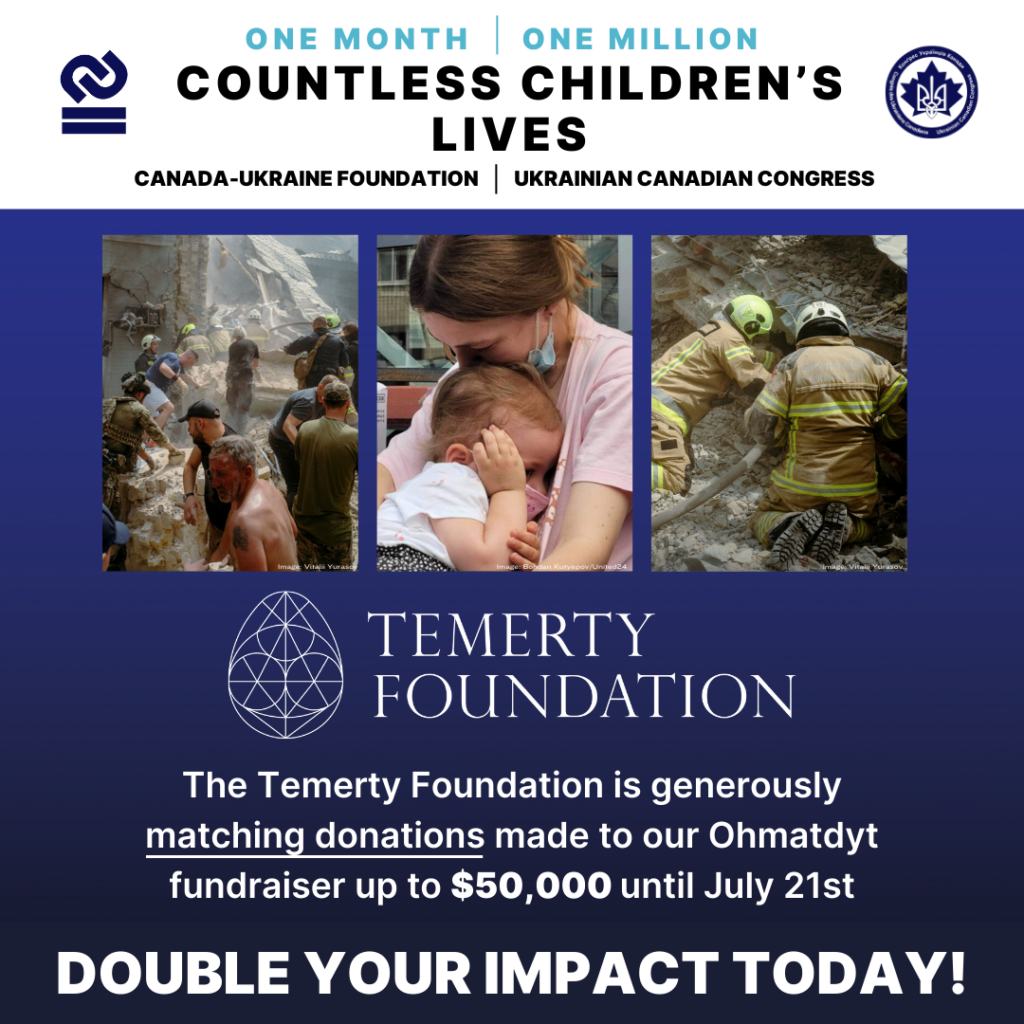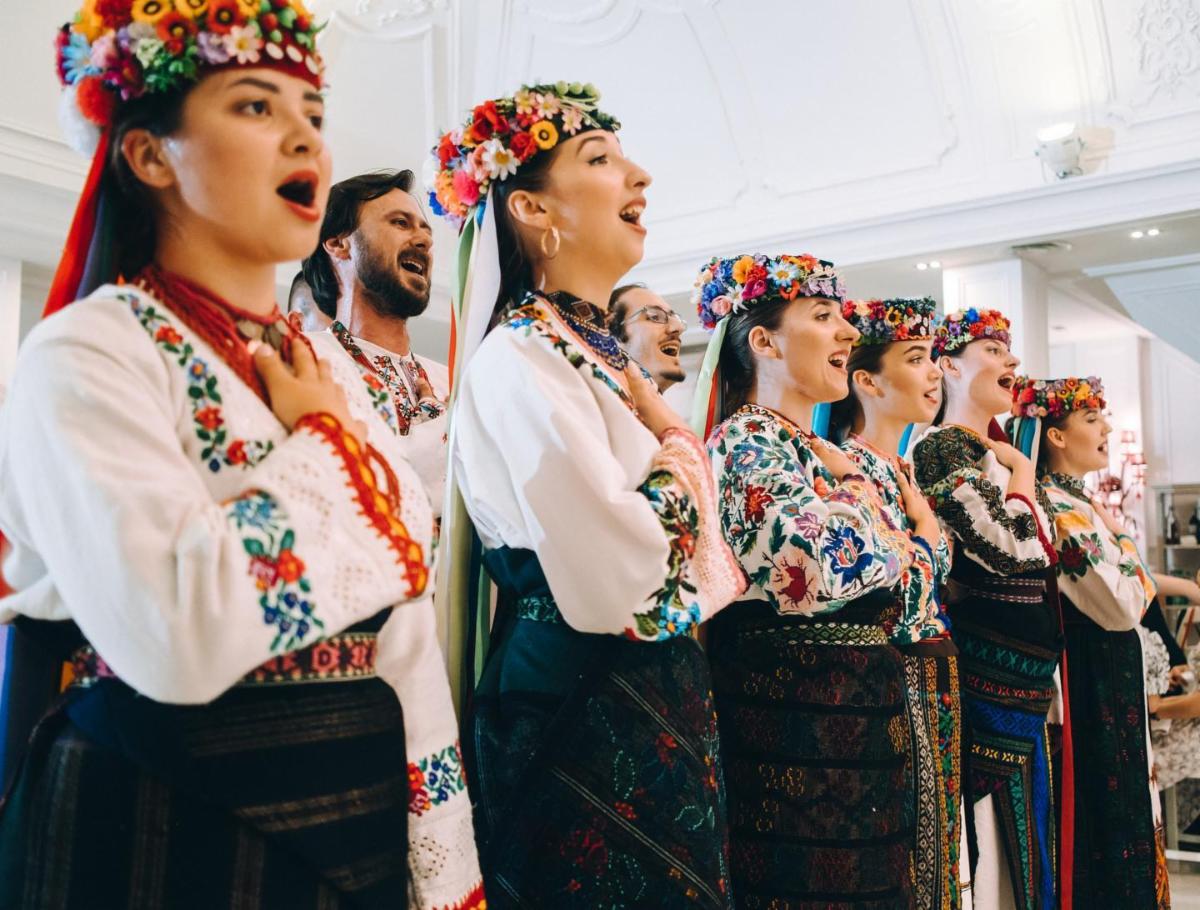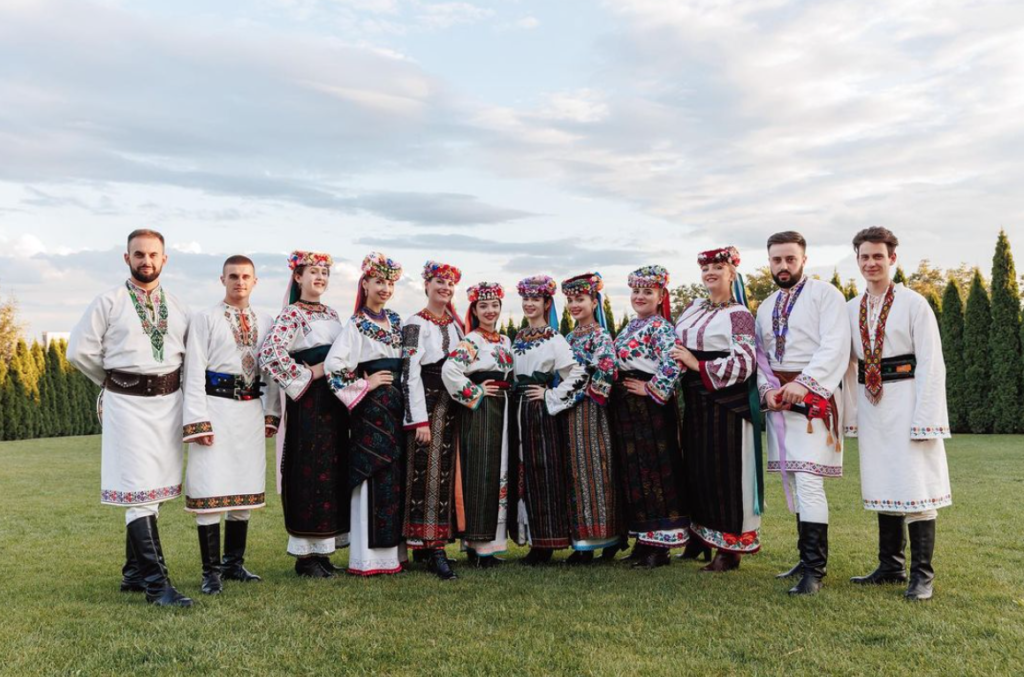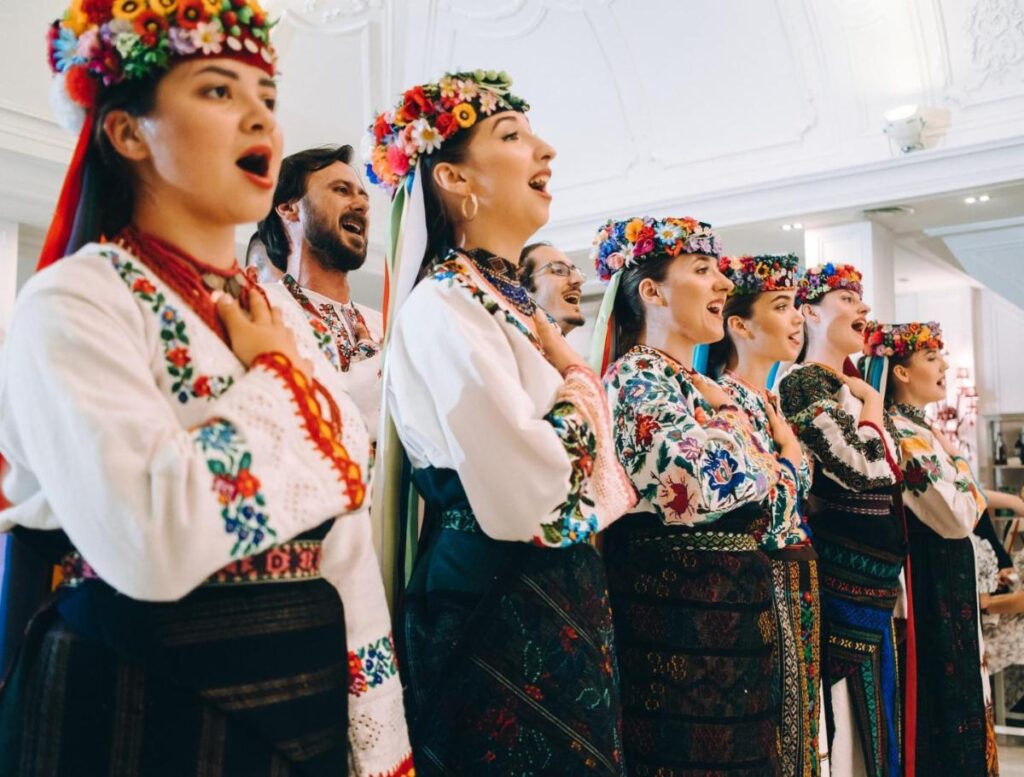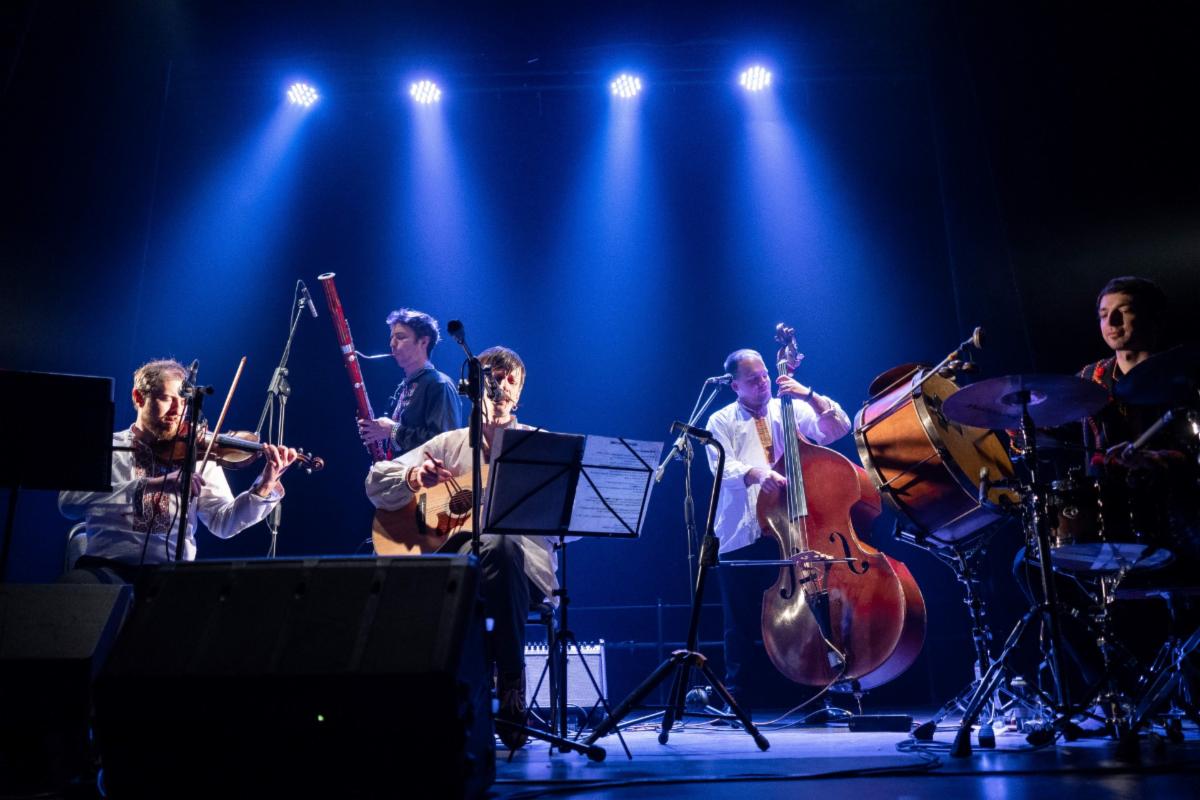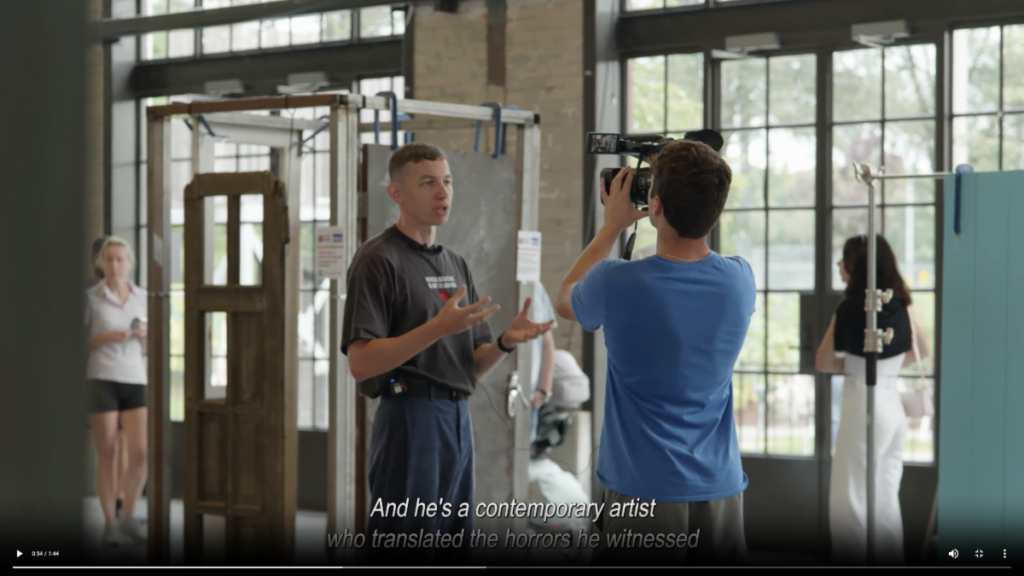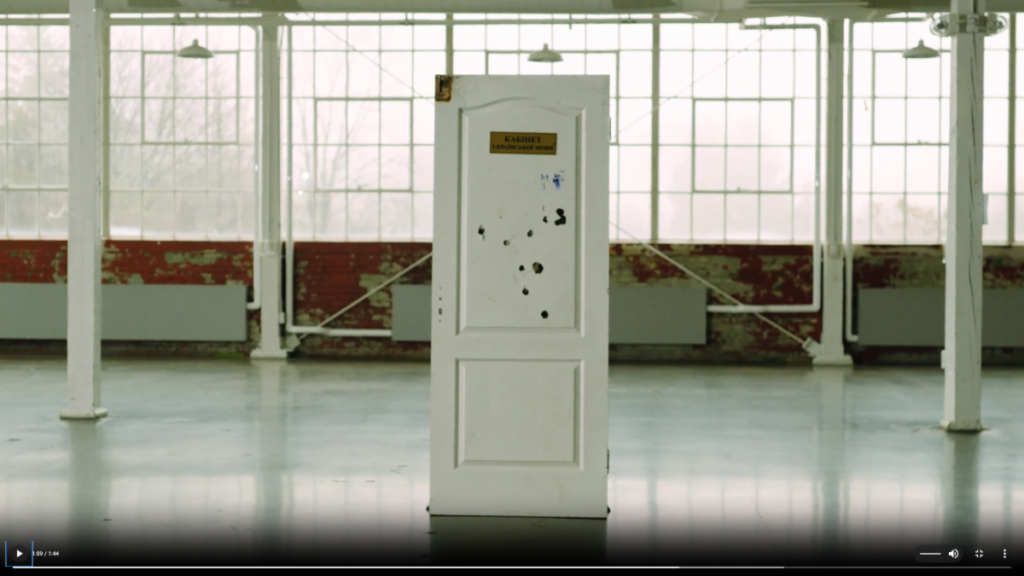Today is the last day for you to become a part of our Ohmatdyt Children’s Hospital Campaign to raise 1 million dollars.
Russia’s targeted approach to destroying hospitals is inhumane and barbaric. The bombing of Ohmadyt is a great tragedy and has a destructive impact on the lives of many Ukrainian children. For instance, Solomiya Fomenyuk, age 16, and Andriy Ilnytsky, age 11, were undergoing dialysis treatment when a Russian missile hit the toxicology department of the Ohmatdyt Children’s Hospital in Kyiv on the morning of July 8.
The equipment provided by Canadian donors through the Canada-Ukraine Foundation was used for treatment on the day of the attack.
Solomiya’s mother, Oksana Fomenyuk, says that it was a miracle that the children survived. A 30-year-old doctor, Svitlana Lukyanchuk, who was in the same room at the time conducting the life-saving procedure, was killed during the attack while moving the children to safety. Although the children were moved into safety, they still suffered shrapnel injuries. Solomiya’s eye was damaged, and Andriy received multiple bruises and cuts from glass.

Solomiya, who has had a spinal hernia since birth, developed chronic kidney failure. She regularly travels from Rivne in western Ukraine to Kyiv for treatment. Solomiya is the eldest of four children. Her mother has been living with her at the hospital to ensure she receives the much-needed treatment. Solomiya needs dialysis three times a week, which lasts four to five hours at a time. Solomiya sees her family only on weekends, leaving Kyiv for Rivne on Friday to be back on Monday, as no dialysis machines are available in her hometown.
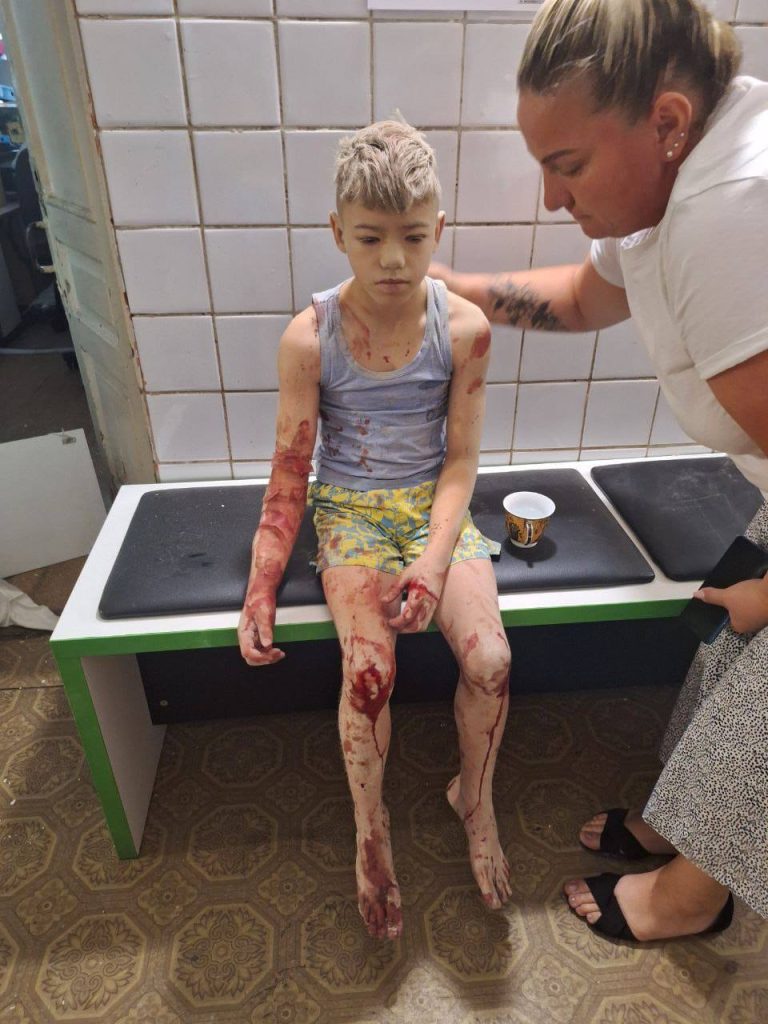
Andriy Ilnytsky is from the small town of Dolyna in the Zakarpattia region. He was brought to Kyiv from an orphanage in a dangerous state. Andriy was born with kidney defects. He had his first surgery at the age of 3. Last year, Andriy underwent his fifth kidney surgery. Like Solomiya, he also spent a lot of time in the toxicology department over the previous two years with a similar treatment schedule.
Without undergoing hemodialysis three times a week, these children will not survive for more than three days. Currently, they are receiving treatment at another hospital where dialysis machines are used in four shifts due to the limited availability of such equipment in Ukraine.
As Canadians, we must stand on the side of light. Ukrainian children urgently need such essential medical treatment, which is only possible with your help!
Make your contribution today to make an impact!
Background
CUF-UCC Ukraine Humanitarian Appeal has been established jointly by the Canada-Ukraine Foundation (CUF) and the Ukrainian Canadian Congress (UCC) to formalize a coordinated approach in providing humanitarian assistance quickly and efficiently to those in need in Ukraine to address any further aggression by Russia. The main efforts of cooperation are to provide humanitarian assistance/relief in the areas of assistance to displaced persons, medical care, emergency shelter and food security.

